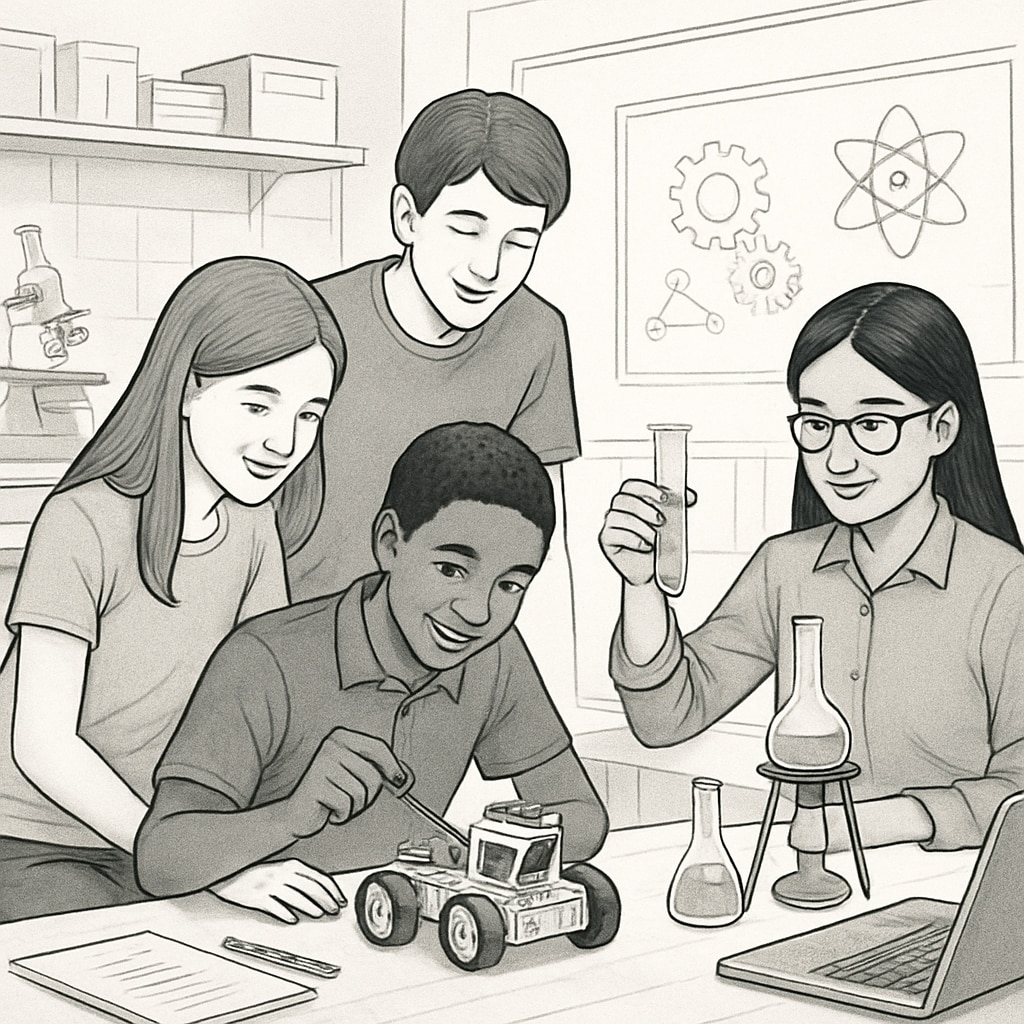As high school students approach their critical final year, the quest for extracurricular educational resources becomes increasingly important. Opportunities for online courses, community programs, and other learning experiences provide a platform to enhance skills, broaden perspectives, and prepare for future academic or career paths. This article explores practical strategies to uncover these resources and maximize their benefits.
Unlocking Online Educational Platforms
Online platforms are treasure troves of knowledge, offering courses on a wide range of subjects. Many of these platforms provide free or affordable options, making advanced learning accessible to everyone. For example, Khan Academy offers high-quality lessons in math, science, and more, while Coursera hosts university-level courses from institutions like Stanford and Yale.
- Identify your areas of interest and look for specialized courses in those fields.
- Set aside consistent time each week to complete lessons and assignments.
- Take advantage of community forums to connect with fellow learners and seek guidance.
By leveraging these platforms, students can supplement their traditional education with subjects not covered in school, such as coding, entrepreneurship, or creative writing.

Exploring Community-Based Learning Opportunities
Beyond the digital world, local community programs offer hands-on experiences that foster personal and academic growth. Libraries, youth centers, and non-profits often organize workshops, internships, and volunteer programs tailored for high school students.
For example, many public libraries host STEM (Science, Technology, Engineering, and Mathematics) initiatives or book clubs that encourage critical thinking. Similarly, community centers might offer classes in public speaking, leadership, or even arts and crafts. Volunteering at local charities can also develop teamwork and organizational skills while making a positive impact.
- Check community boards or local government websites for upcoming events.
- Engage with mentors or coordinators who can provide guidance and inspiration.
- Document your participation to showcase your commitment in college applications.

Balancing Schoolwork and Extracurricular Learning
While exploring educational resources outside school, maintaining a balance between academics and extracurricular activities is crucial. Overcommitting can lead to stress and burnout, so it’s essential to prioritize effectively:
- Assess your current workload and determine how much time you can dedicate to new activities.
- Set realistic goals for both school and extracurricular pursuits.
- Regularly evaluate your progress and adjust your schedule as needed.
By staying organized and mindful, students can enjoy the benefits of extracurricular learning without compromising their academic success.
Preparing for the Future
Engaging with extracurricular educational resources not only enriches the high school experience but also lays the foundation for future opportunities. The skills and experiences gained can make students more competitive in college admissions and job markets. Furthermore, these activities help cultivate a lifelong love for learning, which is invaluable in today’s ever-changing world.
In conclusion, exploring online platforms, participating in community programs, and balancing these activities with schoolwork are key steps toward academic and personal growth. By taking the initiative to seek out these opportunities, high school students can unlock their full potential and ensure they are well-prepared for their next chapter.
Readability guidance: This article employs short paragraphs and lists to enhance readability. Active voice and transitional phrases ensure a clear and engaging flow of ideas. The use of external links and image placeholders complements the information and adds depth to the discussion.


